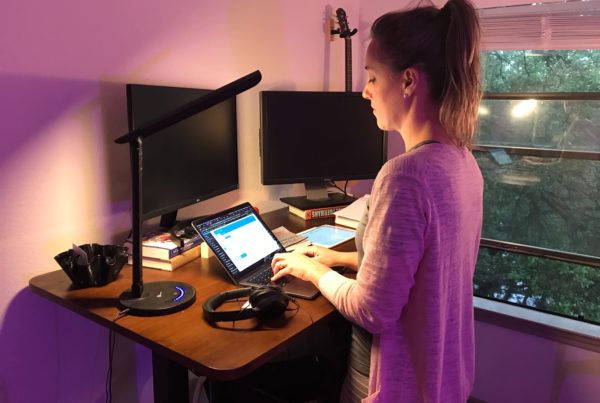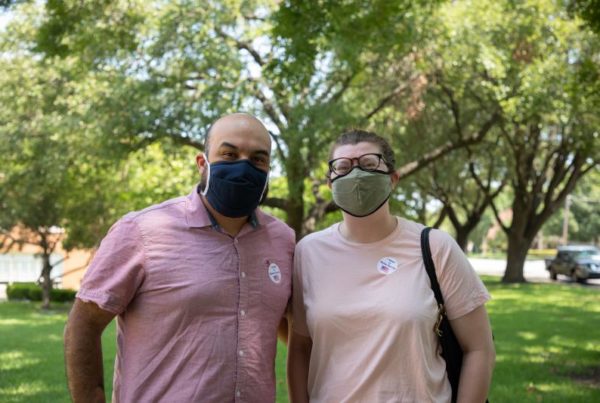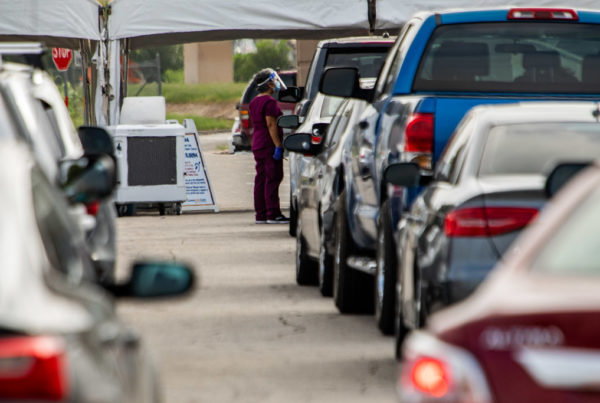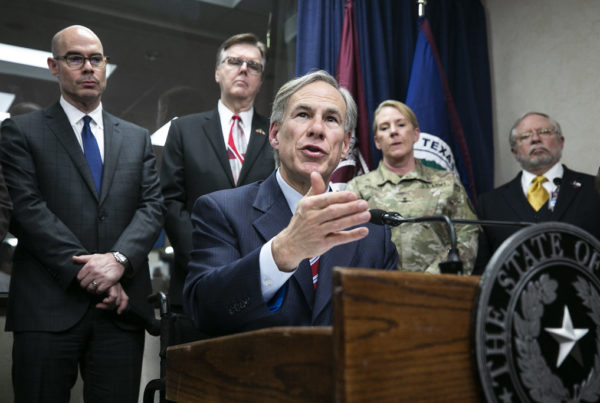Note: This interview was recorded before the Texas Education Agency released updated guidelines for school districts to follow when reopening for the fall. The updated guidelines were released Friday morning.
As COVID-19 cases in Texas continue to rise, parents and students are urgently seeking an answer to the question: What happens in the fall?
Just last week, the Texas Education Agency, or TEA, said all Texas public schools would have to provide on-campus classes for students who want that option. TEA also gave schools a three-week transition period at the start of the school year, during which schools could conduct online-only classes. That guidance has now been updated to allow up to four weeks of online-only instruction, with a four-week extension allowed if the local school board votes to approve one.
On Friday, Gov. Greg Abbott and leaders of the Texas House and Senate education committees announced that $200 million in federal CARES Act funding would be made available to the TEA for the purchase of computer and home internet equipment to help students whose access to such things is limited.
Juan Cabrera is superintendent of El Paso Independent School District. He told Texas Standard host David Brown on Friday that he began his district’s preparation for the fall by coordinating with other local governments, and with county health authorities in order to avoid making decisions in a vacuum.
“We’re the largest employer in town. So, what I decided to do was, before we gave our final plans, to sit with the mayor, the county judge and the county health director,” Cabrera said.
El Paso’s joint planning efforts will affect 200,000 students in 12 school districts.
Cabrera said students will be in one of four groups: two groups will alternate into and out of school buildings, attending class in person two days a week; another group will take online classes full time; and another group includes students with special needs or those who have fallen behind, academically. That last group will return to in-person instruction first, beginning Sept. 8.
Cabrera said the state mandate to allow any child whose parents wish for them to attend school in person full time doesn’t allow for good social-distancing practices.
“We’re going to try to accommodate every family that wants to be in the building. But social distancing and protecting our teachers and staff is of utmost importance,” Cabrera said.
Cabrera is also concerned about school funding from the state, which is determined by attendance. But the TEA adjusted its attendance guidelines because of the pandemic.
“I’m gonna create a team that does nothing but manage the new attendance rules,” Cabrera said.
Web story by Shelly Brisbin.















